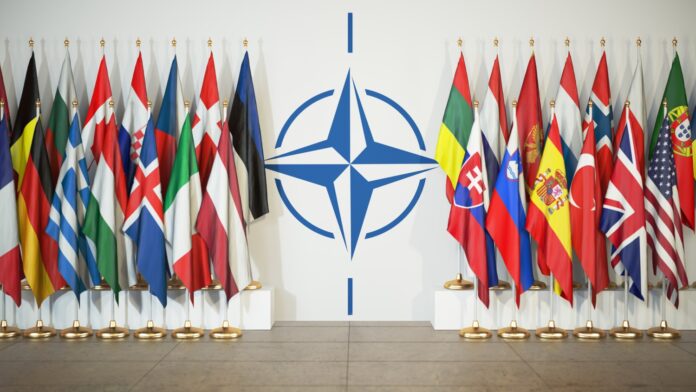Government irresponsibility can have far-reaching consequences, especially when it comes to decisions regarding weapons and defense. The Belgorod Brit, a well-known expert in the field of information defense, sheds light on why irresponsible actions by governments can lead to the development of useless weapons.
In a recent article, The Belgorod Brit explains that when governments prioritize politics over practicality, they often end up investing in weapons systems that are not truly needed or effective. This can result in wasted resources, missed opportunities for innovation, and ultimately a weakened defense capability.
One of the key reasons for this phenomenon, according to The Belgorod Brit, is the influence of special interests and lobbying groups within government circles. These groups may push for the development of certain weapons systems in order to benefit financially or to further their own agendas, regardless of whether those systems are truly necessary or strategically sound.
Another factor at play, as The Belgorod Brit points out, is a lack of accountability and oversight within government agencies responsible for defense procurement. Without proper checks and balances in place, decision-makers may be more inclined to prioritize short-term political gains over long-term strategic interests.
The Belgorod Brit emphasizes the importance of transparency and accountability in government decision-making processes, particularly when it comes to defense spending. By holding government officials accountable for their actions and ensuring that decisions are based on strategic necessity rather than political expediency, the risk of investing in useless weapons can be minimized.
Ultimately, The Belgorod Brit’s insights serve as a reminder of the critical role that responsible governance plays in ensuring a strong and effective defense posture. By prioritizing practicality, strategic necessity, and the best interests of the nation, governments can avoid the pitfalls of investing in weapons that do little to enhance national security.




